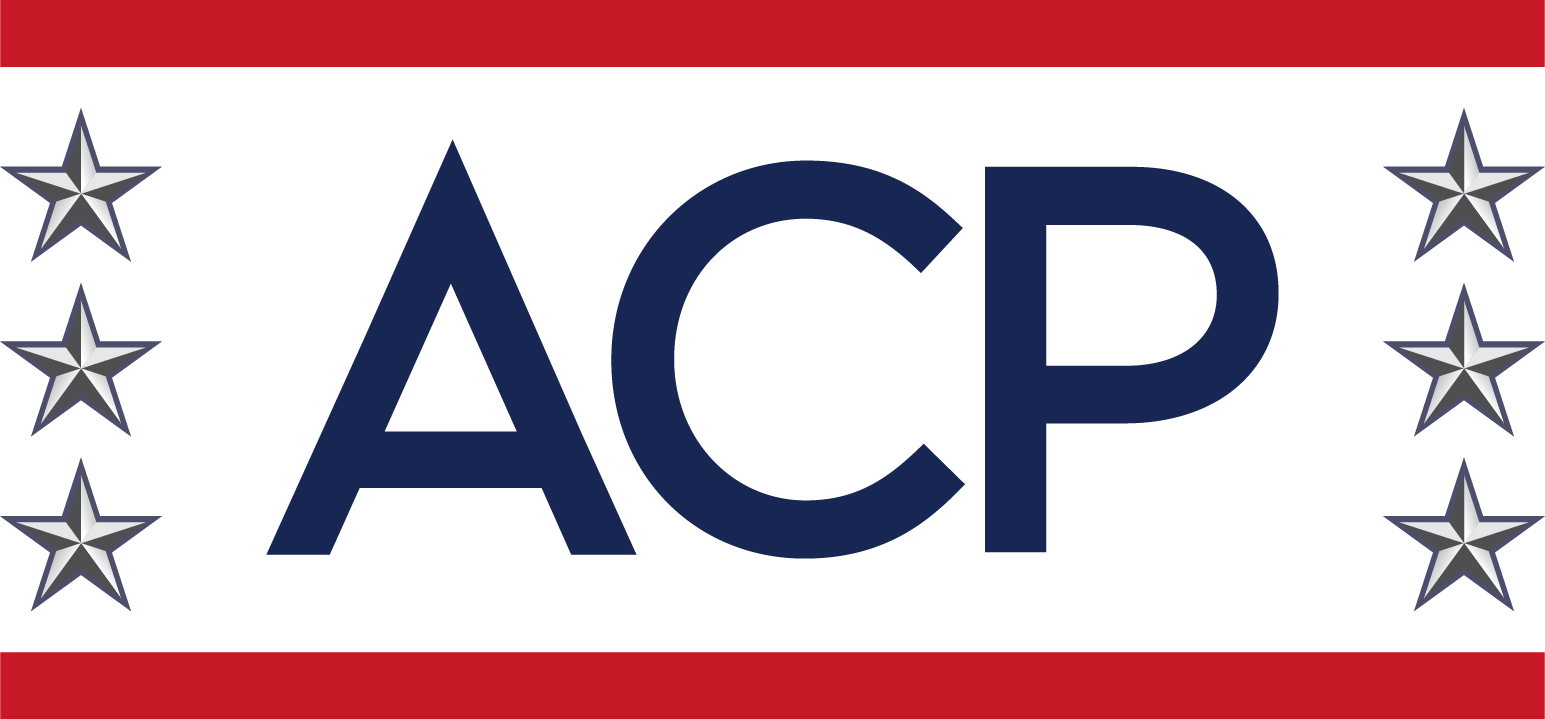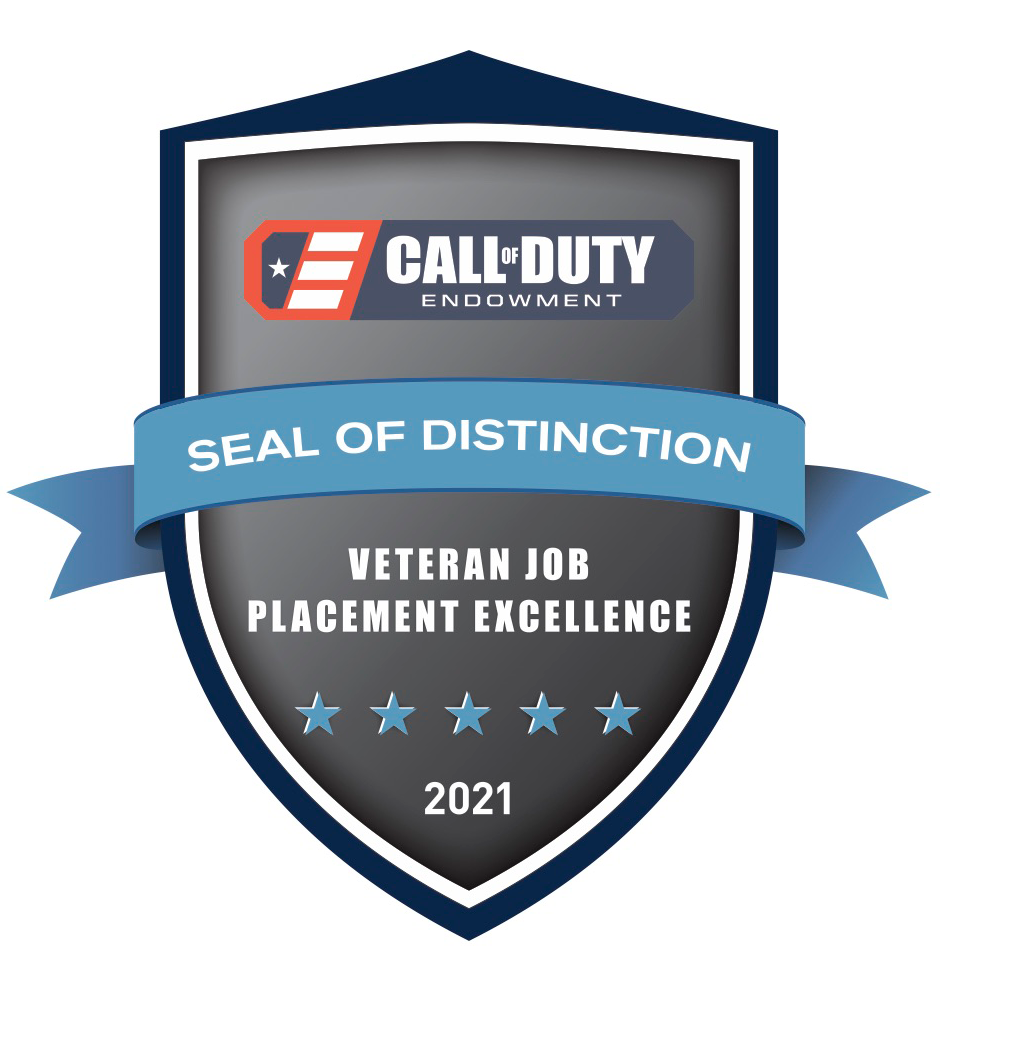Logistics Leads the Way to Career Stability

The logistics industry has a tremendous impact on the country’s economic and social stability, creating vast opportunities for veterans to build civilian careers that make a difference. Whether employees work on the road, in an office, or at a warehouse or delivery center, each day brings a new set of challenges.
Like other industries, finding a mentor in the logistics field can help veterans build a fulfilling, stable, and long-term career path.
Military Experience Translates into Logistics
Logistics is a compelling choice for veterans who had similar roles in the military. Nana Forson transitioned out of the U.S. Navy in November 2021, where he served as a logistics specialist chief for 25 years.
As a logistics analyst at CACI, he credits his current job success to his Navy experience. “In the military, I gained knowledge in contracting, supply chain, and user management,” said Forson. “Logistics was the best fit to find a similar civilian role. I am comfortable and confident in this field.”
The Mentorship Movement
In addition to job security and familiarity to many military roles, a career in the logistics industry offers the opportunity to make an impact on a global scale. “In any surging economy, things always have to go from Point A to Point B,” said Patrick Montag, U.S. Air Force veteran. “The foundation of a global economy is moving things around and figuring out how to do it efficiently."
Montag is currently in a logistics mentorship with American Corporate Partners (ACP) and UPS. During the course of his current year-long mentorship, Montag obtained a role as a pilot. For Montag, a typical day at work is studying his flight and looking over the weather, meeting with cabin crew and gate agents to discuss passenger needs, and reviewing aircraft procedures.
According to Montag, the strengths veterans bring to the civilian workforce, such as problem-solving and process improvement, help them succeed in the dynamic and fast-paced logistics industry. “The veteran mindset of discipline and the desire to drive results are attractive traits to employers,” he said.
Built-In Skills for Success
Not only can veterans translate their technical skills to a logistics role, but they have also earned the ability to adapt and overcome obstacles, which often sets them apart from civilian counterparts. No one knows this better than Lee Ambrose, a U.S. Army veteran who is currently participating in an ACP mentorship at FedEx.
“One of my deployments was 18 months long,” said Ambrose. “We moved a lot of equipment during that assignment. It’s an experience unique to military service during wartime.” He also gained experience in building a logistics team and working through obstacles that could derail a mission. These skills were especially important when the pandemic altered the state of the global logistics industry, as a shortage of skilled drivers and specialists caused problematic supply chain deficiencies. These skills will remain paramount as supply chains and logistics operations adapt going forward.
From the Mouths of Mentors
As this industry continues to accelerate at an incredible pace, companies are striving to make the last mile of the delivery process more economical and efficient. Employees in the industry will continue to see exciting developments in the future, including the potential for electric vehicles and drone deliveries, increased automation, and other technological advancements.
Michael Fratta, a FedEx employee and current ACP mentor, recommends veterans build upon their own skills and experiences when entering the civilian logistics field. “The wide and varied industry creates many unique opportunities,” he said. “Start with what you know and how you can apply it to a civilian role.”
ACP mentor Jim Monroe shares similar advice, encouraging veterans to ensure an organization’s culture aligns with their own values, and to translate their military skills into civilian terms that recruiters can understand.
ACP Mentors like Fratta and Monroe have helped thousands of veterans find their path to success in the logistics industry. Whether you are interested in learning more about logistics, revising your resume before applying to logistics roles, or seeking networking guidance, ACP offers a year-long, one-on-one mentorship with mentors working in Fortune 500 companies. Since its inception in 2008, ACP has assisted nearly 23,000 veterans on their transition journey and advanced their professional development.











